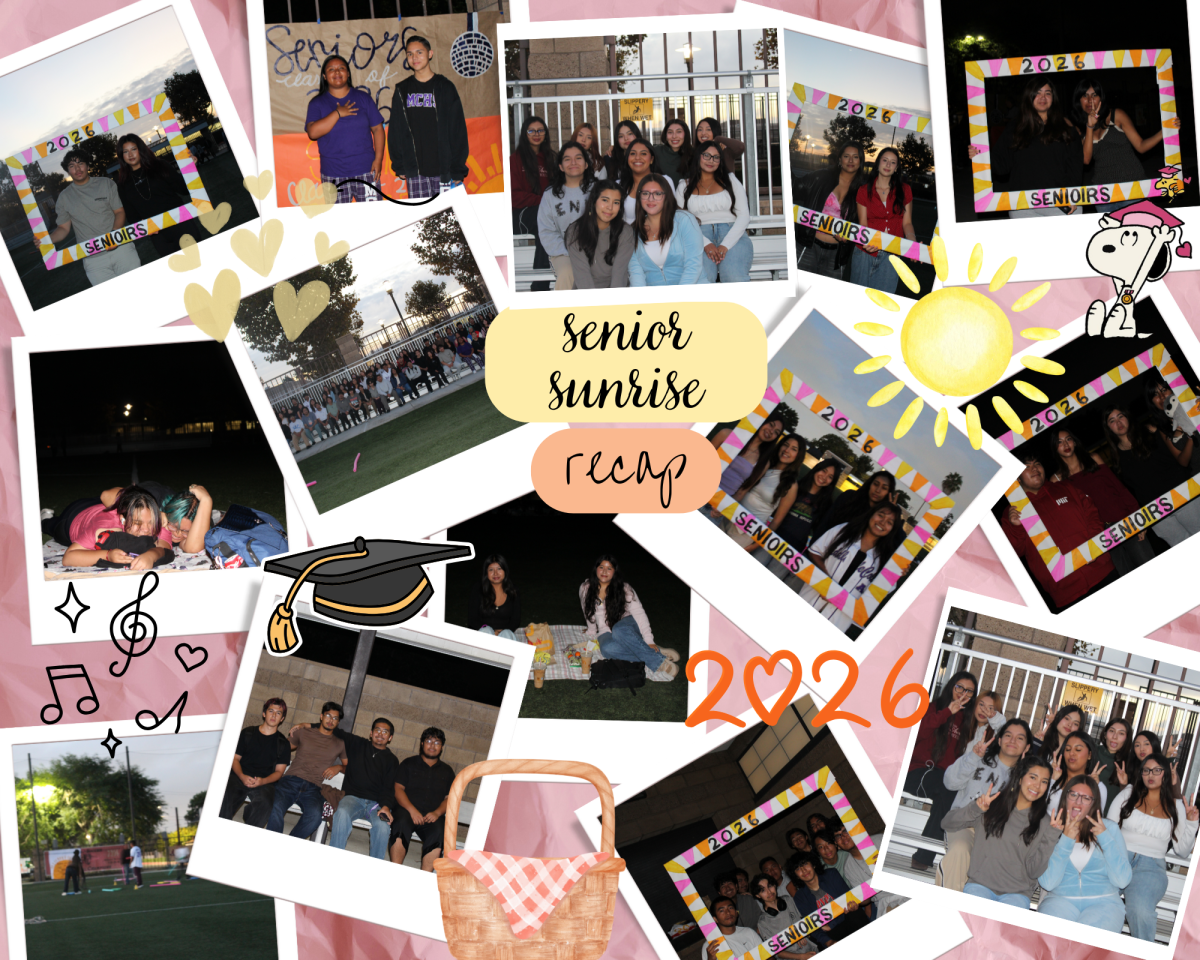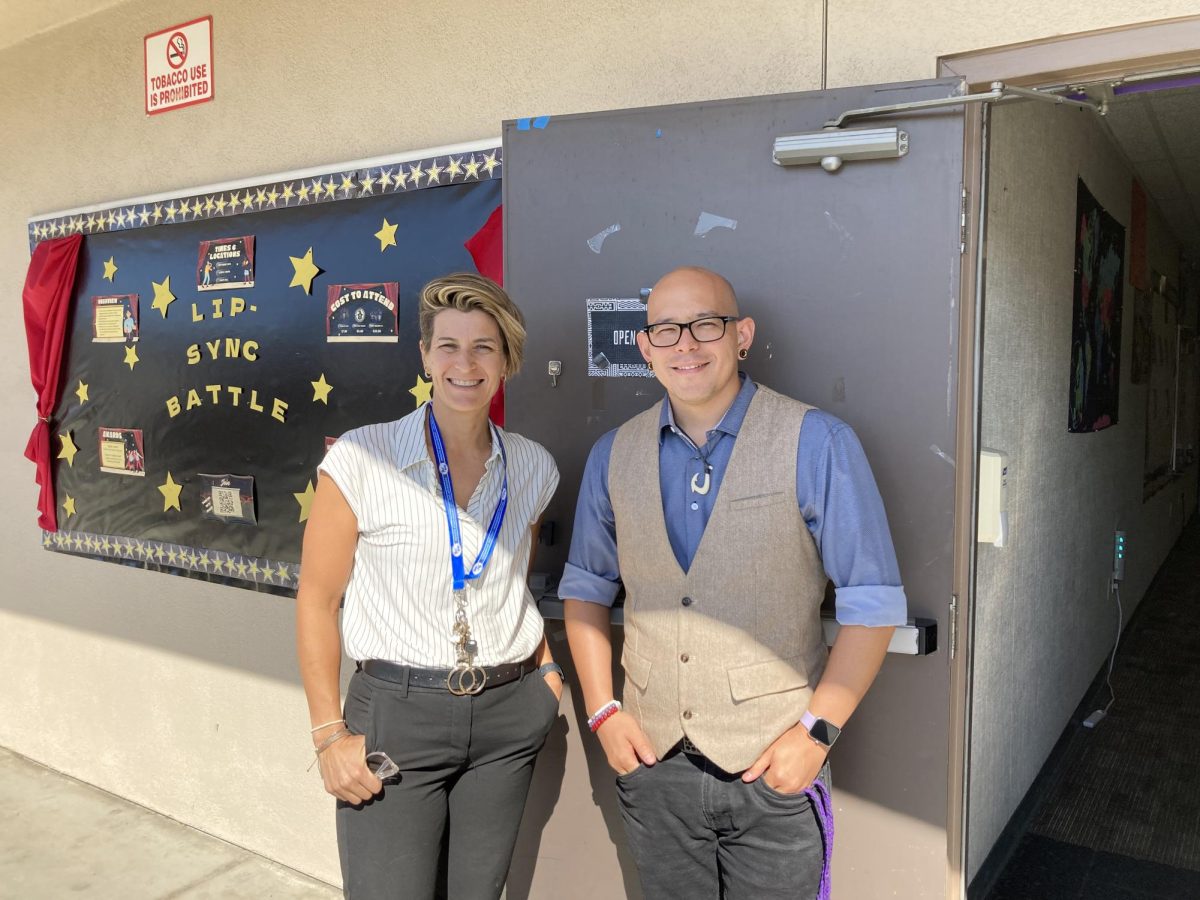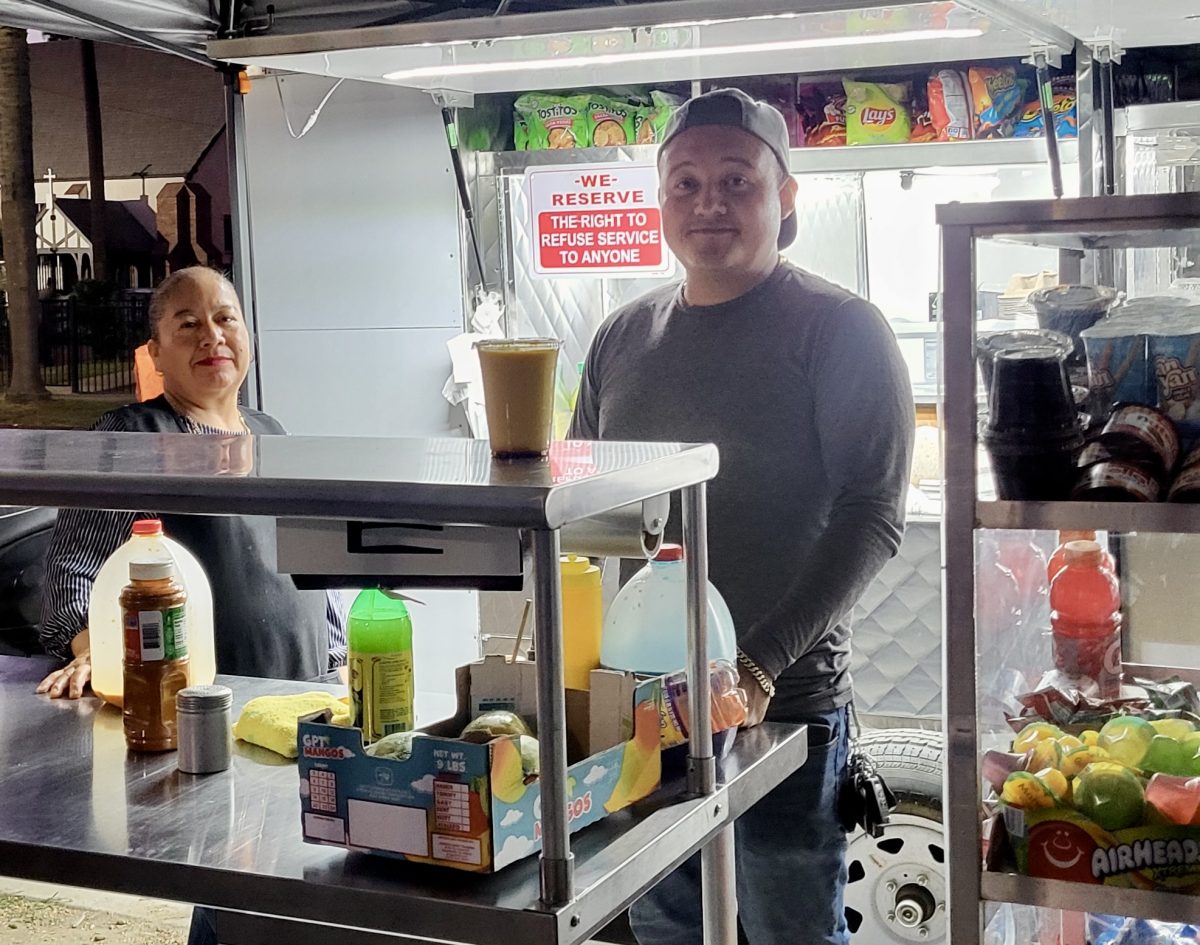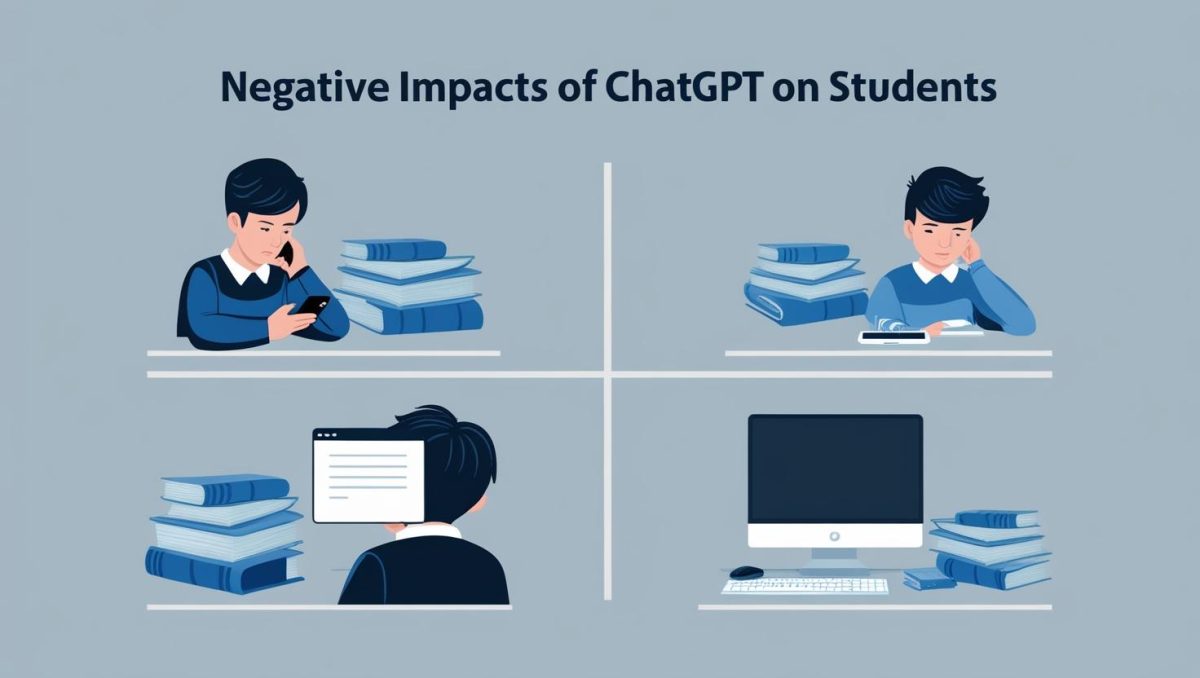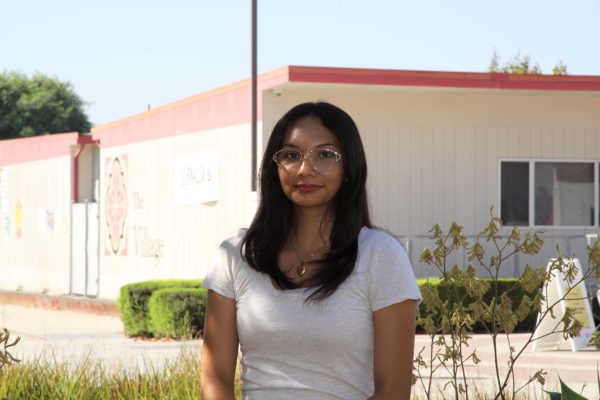Maybe the instructions were unclear; you might have needed a way to begin your essay or you just wanted help correcting grammar mistakes. AI assistants like ChatGPT are becoming increasingly common in schools, offering students new ways to overcome academic challenges. However, their use raises important questions about originality, ethics and the role of technology in education.
As AI tools like ChatGPT become increasingly popular in schools, they offer new learning opportunities but also raise concerns about students relying too much on technology and issues of academic honesty. Both teachers and students are trying to figure out how to use these tools in a way that supports learning without replacing traditional educational values.
The use of ChatGPT can vary based on the student and their needs. About 19% of teens who use ChatGPT utilize it to help them with schoolwork. This AI assistant is most frequently used by high school students; 24% of upperclassmen and 17% of lower classmen use it to assist with homework assignments. The amount of teens ranging from 13-17, who use ChatGPT to help with schoolwork, has increased by 26%. This makes the total number of teen users 13% higher than in 2023. Freshmen Melanie Martinez and Emiliano Morales share their personal experiences with using ChatGPT.
“I have used it, but it was for emergencies…usually to create like a little AI image or to come up with a thesis statement,” Martinez said.
While Martinez uses AI for emergencies, Morales utilizes this tool to enhance his understanding.
“I use AI when it comes to assignments I don’t understand and I need more clarity; ChatGPT helps me understand,” Morales said.
Many students find that using AI tools like ChatGPT can make their work more efficient, but relying on such tools might negatively affect their workflow.
“There’s some people that use ChatGPT so that it does the work for them, and I don’t think that’s a good use of AI,” Morales said.
English teacher Cassandra Silverstein also shared her views on AI’s impact on students.
“It makes students think they don’t have to…think about things themselves. They can just give an assignment to the AI, and the AI will do it for them. I think it just leads to a lack of critical thinking…students aren’t actually thinking about things for themselves. They’re relying on the AI to do the thinking for them,” Silverstein said.
Using ChatGPT has become as easy as typing a prompt and pressing enter. This ease has made AI assistants a popular choice for students seeking quick solutions. However, AI assistants continue to evolve and gain popularity, which leaves many to wonder: Are students relying too much on artificial intelligence?
“Yeah, I do believe people are becoming too dependent on AI, because many people are starting to use it more often…which is bad because AI isn’t perfect, and shouldn’t be used as a reliable source,” Morales said.
Silverstein adds to this by emphasizing the importance of using AI wisely without replacing personal efforts.
“I wouldn’t say that students are relying too heavily on it. I think that they might be relying on it for the wrong thing. I think that it’s important, as we develop new technology, to find the best ways to use it…without thinking that it can take the place of actually doing work and thinking for yourself,” Silverstein said.
ChatGPT continues to creep into the search browsers of many students; they find themselves using it frequently. But what could this mean for their academic future?
“I think it’s going to create so many problems in the future. We’re gonna become very AI dependent,” Morales said.
Silverstein continues by highlighting the challenge of using AI ethically.
“I wouldn’t even say it’s hurting students. It’s a struggle to figure out what are the best ways to use it and how to use it ethically. So I think that’s the struggle for them, deciding how to use it ethically,” Silverstein said.
Not all uses of ChatGPT are unethical; it often depends on how and why it’s used. ChatGPT can be integrated in a way that supports and enhances academic thinking rather than replacing it.
“I very much feel like we just need to rely on it for the right things, to use as like a thinking partner as opposed to something that does the work for us,” Silverstein said.
Using ChatGPT in education settings can bring both opportunities and challenges. On one hand, these tools can support learning and help students overcome academic challenges by offering new ways to approach the problem. On the other hand, concerns about over-reliance, academic honesty, and ethical use highlight the need for careful consideration and guidance.


